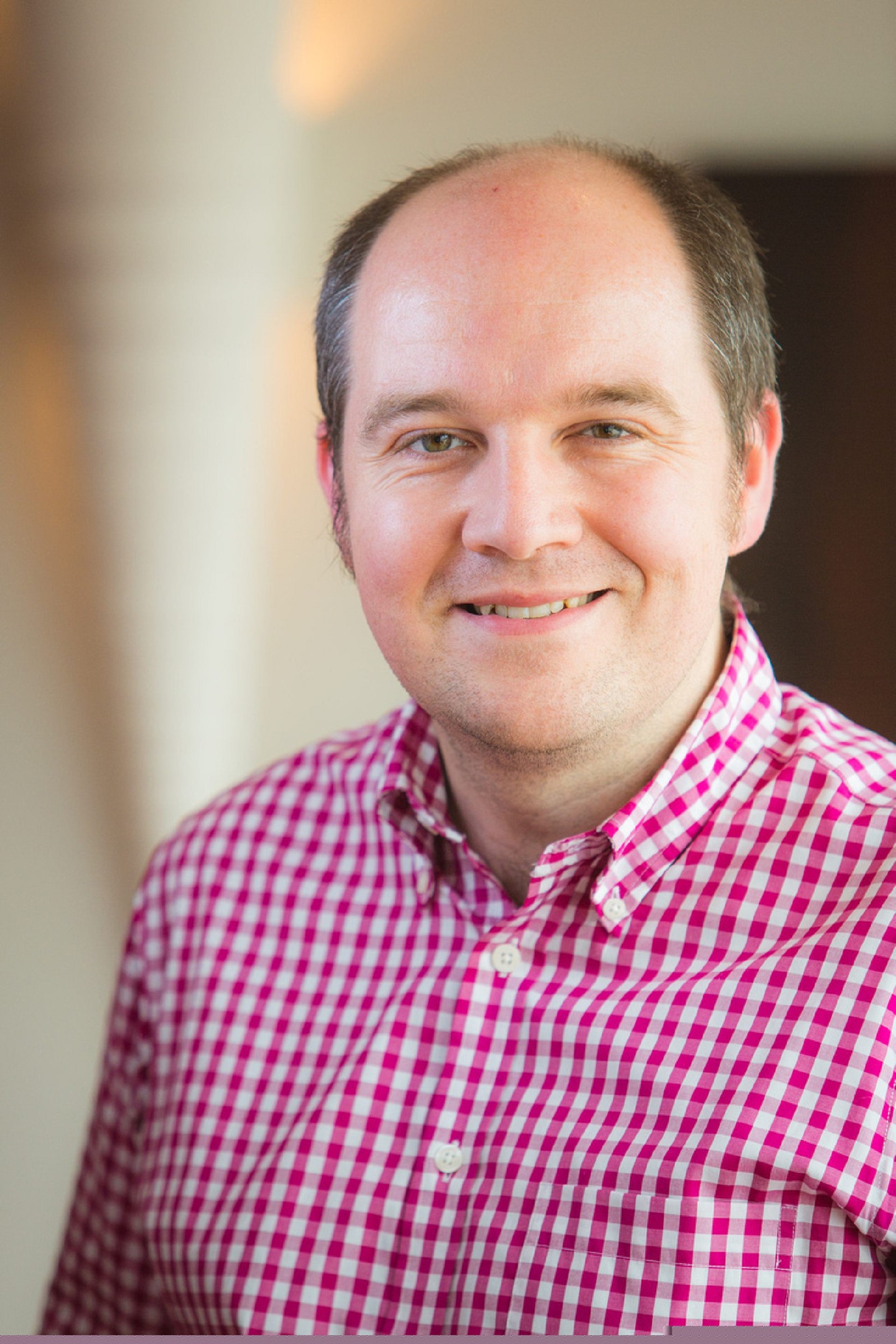Voluntary action and Covid-19 – new research will explore lessons learnt and recommendations for UK recovery

Rhys Dafydd Jones
03 November 2020
Experts from across academia and the voluntary sector are to carry out a major research project into the role of voluntary action in the Covid-19 pandemic – exploring the challenges, what worked well and making recommendations to inform planning for future crises.
The research will compare the volunteering response in each of the UK’s four nations, sharing positive examples with the aim of shaping future policy and supporting the economic and social recovery.
The project is a partnership between Aberystwyth University and five other UK universities and representatives from a variety of voluntary organisations, including the four key voluntary sector infrastructure bodies for Wales, Scotland, England and Northern Ireland.
Almost £420,000 has been awarded by the Economic and Social Research Council (ESRC), part of UK Research and Innovation (UKRI), following a rapid response call for projects which contribute to our understanding of, and response to, the COVID-19 pandemic and its impacts.
Rhys Dafydd Jones, of Aberystwyth University’s Department of Geography and Earth Sciences, will work alongside researchers from Northumbria University, the University of East Anglia, the University of Kent, the University of Essex, and the University of Stirling.
Representatives from the Wales Council for Voluntary Action (WCVA), Volunteer Scotland, England’s National Council for Voluntary Organisations (NCVO), and Northern Ireland’s Volunteer Now will work alongside the academics, providing insight into volunteering trends and experiences across the four nations.
Rhys Dafydd Jones from Aberystwyth University said:
“The pandemic has not only disrupted all our individual lives but also long standing relationships and understandings between voluntary action and governments at their various levels.
“This project will help us to understand a newly emerging landscape and to support a collective effort of national healing.”
Professor Irene Hardill from Northumbria University added: “During the pandemic we have seen voluntary action step in and step up as the first response to immediate need.
“The sector has rapidly improvised new relationships between voluntary action and the state, forging a new ‘partnership of necessity’.
“We know we face an uncertain future but the delivery of social welfare, with the state working in partnership with the voluntary sector, is critical for us pulling through as a country.”
The first stage of the project, entitled ‘Mobilising Voluntary Action in the four UK jurisdictions: Learning from today, prepared for tomorrow’ will involve examining how prepared each of the four nations was before the pandemic hit. It will also look at what role voluntary action, organisations and volunteers played in these preparedness plans.
The team will then examine the impact Covid-19 has had on volunteers and volunteering, from face to face activities having to be paused, projects delivered in new ways, to new forms of voluntary action emerging, for example through mobilising voluntary action via online platforms and community self-help.
Once the evidence has been gathered it will be analysed, with the results presented in a series of government briefings across the four nations.
Recommendations will be made on the role volunteering and voluntary organisations could play in the UK’s recovery from the Covid-19 pandemic. The final report expected to inform future policy development.



